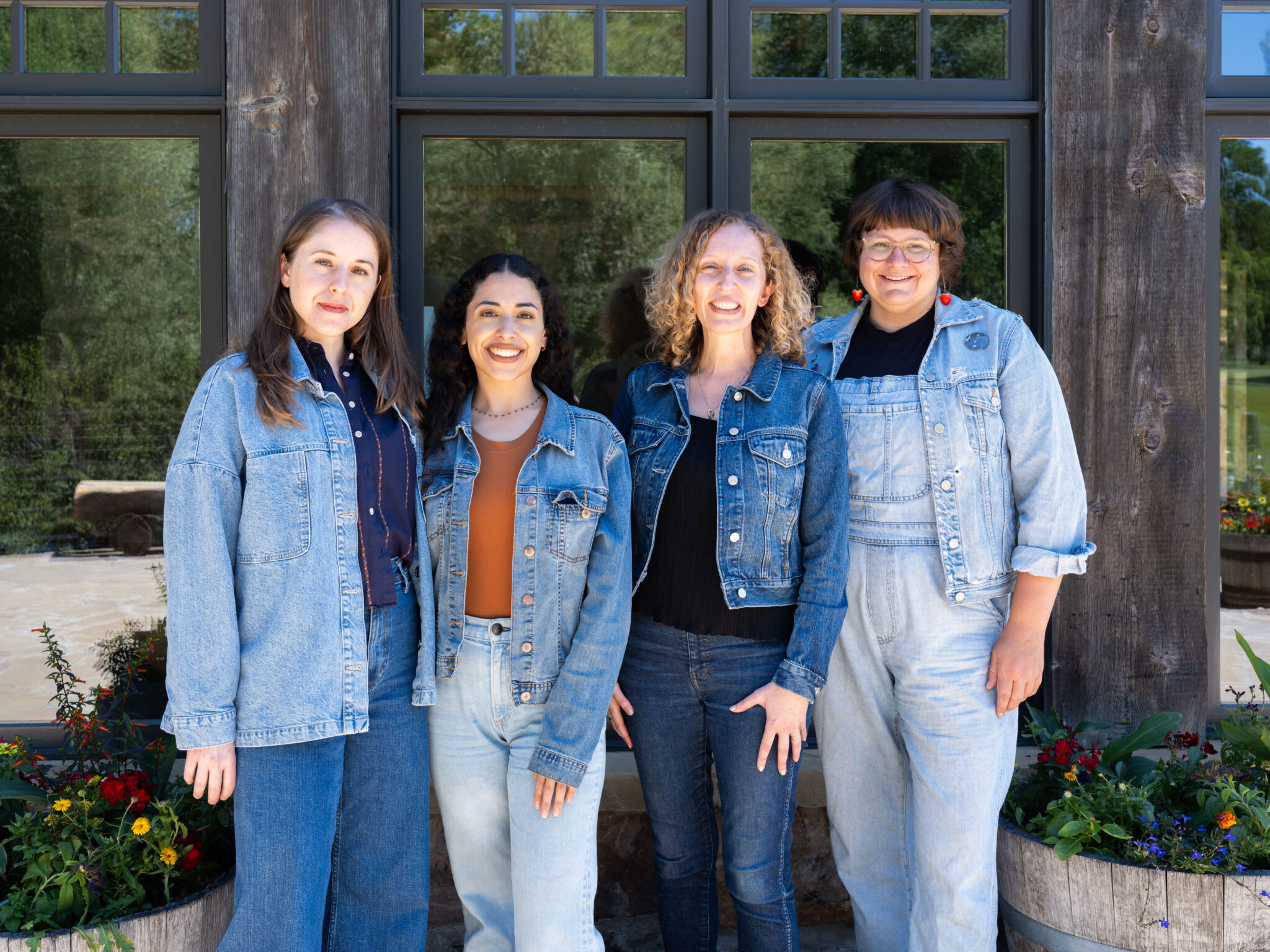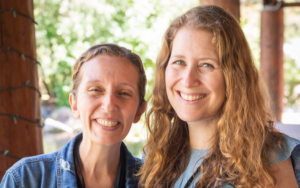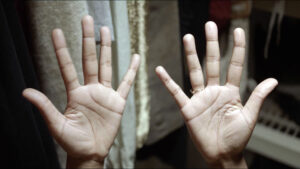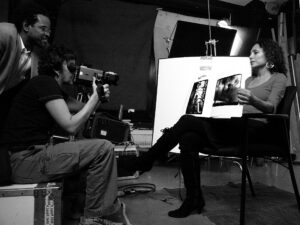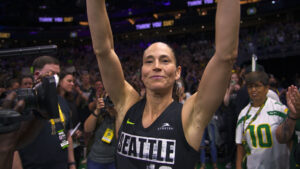By Kristin Feeley
Chilean director Patricio Guzmán said, “A country without documentary cinema is like a family without a photo album.” We understand who we are from the stories we’re told, myths created and challenged by each successive generation. Documentaries offer us the ability to see the world in new ways; it is an artistic medium of expression as well as a tool that sparks empathy and reflection. As we dive into fall, I have been reflecting on the importance of the work we do at the Documentary Film Program through the incredible stories we’ve been able to uplift.
Despite difficult times in the industry at large, there has been so much to celebrate this year. So far in 2024, over 40 films from 18 countries supported by Sundance Institute’s DFP have screened in cinemas, streamed on platforms, and reached millions of people through public TV around the world. Some of these stories have involved literal “family albums” — stories of families over generations like A Photographic Memory (Rachel Seed), Light of the Setting Sun (Vicky Du), and Sabbath Queen (Sandi DuBowski) — to stories that document resistance by and for communities who carry hope that a different world is possible — IGUALADA (Juan Mejía Botero), Our Land, Our Freedom (Meena Nanji and Zippy Kimundu), Rising Up at Night ( Nelson Makengo), Standing Above the Clouds (Jalena Keane-Lee), and Fire Through Dry Grass (Andres “Jay” Molina and Alexis Neophytides).
To have a rich family album, it takes so many people to come together and share their stories. At the Institute, we’re working to build bridges for these films to get made. This year our team reviewed close to 2,000 works-in-progress from around the world, selecting over 40 films that received $1.8 million dollars in grants as well as significant resources that go directly to artists through fellowships offered in the Artist Accelerator program — strengthening support networks and nurturing creative communities that bolster artists in difficult times.
DFP-supported artists have achieved incredible things in the face of challenges and contractions in documentary financing and distribution. As filmmakers assume more and more responsibilities to make and disseminate work, continued financial support and strong support networks are crucial to ensuring that filmmakers who come from diverse economic and cultural backgrounds can continue to make work. It’s also imperative that they have the resources to care for themselves as well as participants in front of the camera. We continue to partner with groups that are committed to ethical documentary practices, including organizations like Peace is Loud, which recently published a guide called Beyond the Lens: The State of Participant Care.
We continue to learn from the ways that these audacious and courageous filmmakers reimagine how work is made and, in turn, influence the ecosystem around these films to be more inclusive and collaborative. As filmmakers redefine the way they work, we are listening and responding as field partners — constantly evolving our own practices. We believe that a diverse range of storytellers and an increasingly equitable ecosystem is the only path to ensuring we have a healthy family album for future generations.
Join us in celebrating another year of the Documentary Film Program — and look forward to the powerful nonfiction works we’ll see in the coming months!




